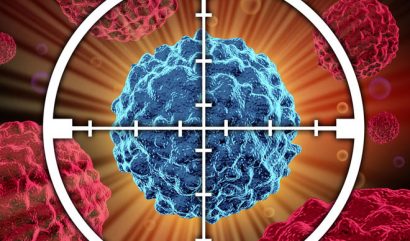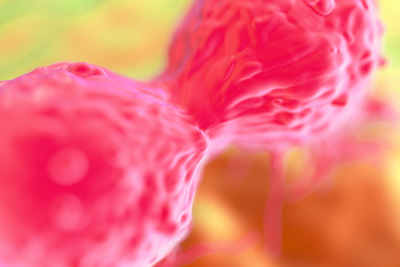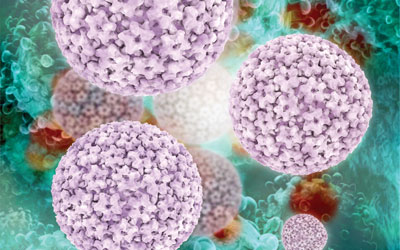B is for Biomarkers
Posted: 15 November 2016 | Niamh Louise Marriott, Digital Content Producer | No comments yet
B is for Biomarkers – the next instalment of our daily pharmaceutical alphabet bringing you up to date with all the latest news and research on the subject of biomarkers.


With just over a month left until the end of year, we decided to bring together the biggest and best pharmaceutical drug discovery news from over the last 12 months to make sure you’re up to date when it comes to our ever growing industry. An opportunity to look at how far we’ve come in our fight against the world’s deadliest and most widespread diseases, and how very far we still have to go in finding new drug targets and treatments against many more. From Alzheimer’s to Zika, drug discovery to preclinical studies, new treatments, better medicines, healthcare cuts and novel approaches – all to find solutions to the many unmet calls for aid seen around the globe, let Drug Target Review put you in the know.
So here we go – B is for Biomarkers
Read all about how Epigenetics looks at special regulation mechanisms, such as DNA methylation and histone modifications, which determine the gene expression pattern of different types of cell and are passed on to daughter cells, without there being any specific changes to the DNA base sequence. Using this technology, it is now also possible to identify the original tumour cells, by comparing them with healthy cells.


Research conducted at Oxford University suggests biomarkers for TB could lead to improved vaccines, read all about it
The overabundance of growth factors has been implicated in the development and spread of many cancers, most famously the up-regulation of EGF and EGFR receptors in lung cancer, which is now successfully targeted by anti-EGFR therapies. However, a new study points to a related target, namely epiregulin, an under-studied EGF-like growth factor.


Find out the industry trends in biomarker developments from our expert writer Dr Jeffrey Borgia, Rush University Medical Center
Read the research showing how the loss of CHD1, one of the most frequently mutated genes in prostate tumours, sensitises human prostate cancer cells to different drugs, including PARP inhibitors, suggesting CHD1 as a potential biomarker for targeted prostate cancer therapy


Researchers from UCLA have used data about patients’ genetic sequences to produce more reliable projections for survival time and how they might respond to possible treatments
A biomarker is any sign of a biological process that can be measured, giving indication on the status of an organism in health and disease. From simple examples like blood sugar, to more sophisticated markers like gene mutations in cancer cells, biomarkes play a fundamental role in drug discovery and are the cornerstone of personalized healthcare. Source: Roche
What do you think about biomarkers? We’d love to hear from you so drop us a comment below and tell us your thoughts.
CALL FOR WRITERS
Is this your specialist subject? Are you a scientist, student or do you work in the pharmaceutical industry? If you’d like contribute an article to the website and/or become one of our expert writers, please do get in touch with Niamh Marriott
Check back tomorrow for the next letter in our pharma alphabet!
Related topics
Biomarkers



